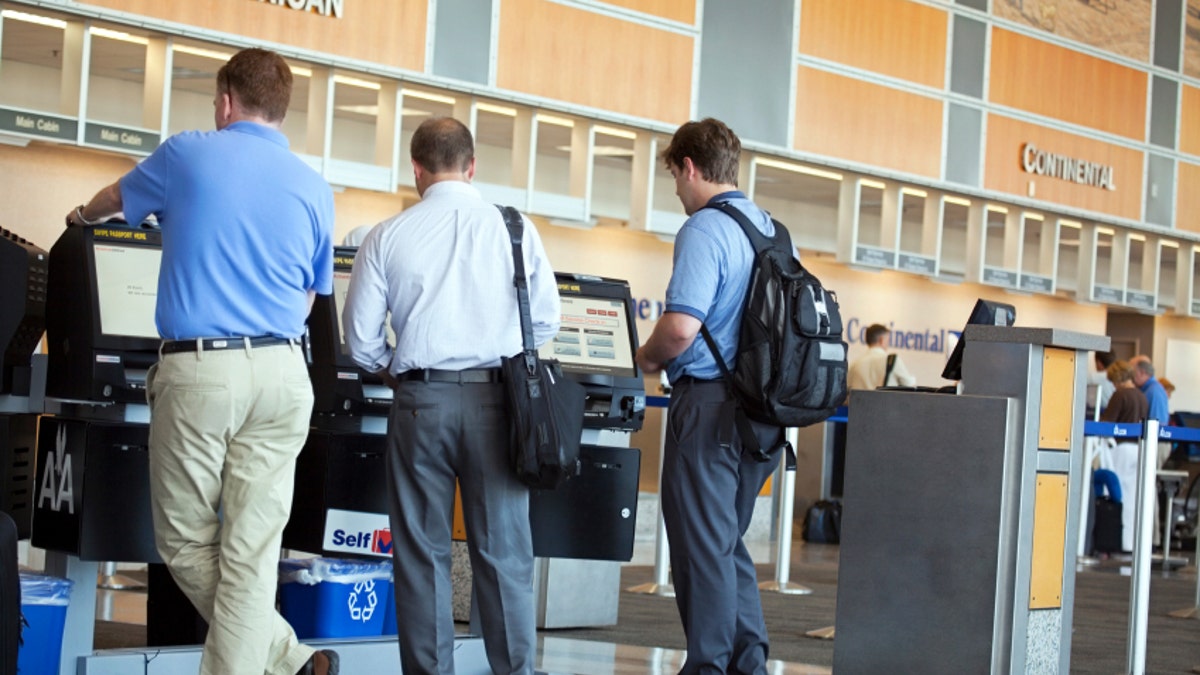
Getting an airfare refund can be difficult under certain circumstances. (iStock)
When you book a trip, your plans can sometimes find a way to change. It’s what is known as “Murphy’s Law,” something that I know all too well given my surname. When it all goes from good to bad, and you have to make that change, how do you go about getting a refund on travel?
Getting Airfares Back
For airlines, it comes down to how you booked your ticket. If you’re like most people, you booked a non-refundable fare, because the typical non-refundable fare is significantly cheaper than a fully refundable fare.
In the case of a refundable fare, just notify the airline that you are canceling and you will be entitled to a full refund. But you must tell the airline about the cancellation prior to flying on your first leg.
If you have a non-refundable fare, you’ll still have to notify the airline before the first flight, but you won’t see any of that money back. You’ll get a credit for the fare you booked and paid for, as a credit towards a future flight.
That flight typically needs to be taken within one year of the original flight, but additional fees will be imposed. You’ll pay a “change fee” of up to $200 on a domestic ticket plus the difference in fare based on the new fare when you rebook the ticket. If the fare is lower, you won’t get any of that savings back, so the best you can hope for is to simply pay the change fee.
If you purchase Wi-Fi, movies or other ancillary services, such as baggage fees, for a flight in advance, and you need to apply for a refund, most airlines will offer you on online form to request it.

Cloudy sky, stormy clouds, Boat, calm water (iStock)
There is, of course, one big exception to all of the above: If the airline changes the plane you are scheduled to fly on, resulting in a loss of a seat in a specific class of service, you are entitled to a full refund on that fare.
Getting Cruise Fares Back
Cruise line refund policies are much more favorable than airline policies, because they allow for full refunds with enough lead-time. For example, if you decide to cancel 90 days out on a seven-day or longer Royal Caribbean sailing, you will get a complete refund. For any other time, a 75-day notice is required for a full refund.
Shorter sailings, typically on three- and four-day cruises, usually can be cancelled with 60 days’ notice. As you pass these thresholds, the amount refunded drops as days pass. Once you are within 21 or 14 days of the sailing date, depending on the length of the sailing, you won’t receive a refund.
Getting Hotel Rates Back
Most hotels allow you to cancel and get a refund up to the day of arrival or a few days in advance or the arrival dates. The only exception is when you book a pre-paid, non-refundable hotel rate on a third-party website.
You’ll save money on the room, but you will not get a refund should your plans change, including a modification to the total number of nights booked. That means should you choose to check out a night early, you won’t get a refund.
Ensuring Refunds with Travel Insurance
You can take the risk out of travel purchases when you buy travel insurance. Choose a plan based on your particular travel needs and one that will let you cancel for a variety of reasons. Read the fine print to make sure that you are covered for as many contingencies as possible. If you book through a travel agent, he or she can give you advice on the best way to cover your trip so you will get a refund.
More From TravelPulse
Study: U.S. Workers Squander $52.4 Billion a Year in Unused Paid Time Off
Hotel Searches Rise Where Marijuana is Legal
Puerto Rico Attracts World’s Biggest Cruise Ships
10 of the Coolest Cruise Ship Excursions
